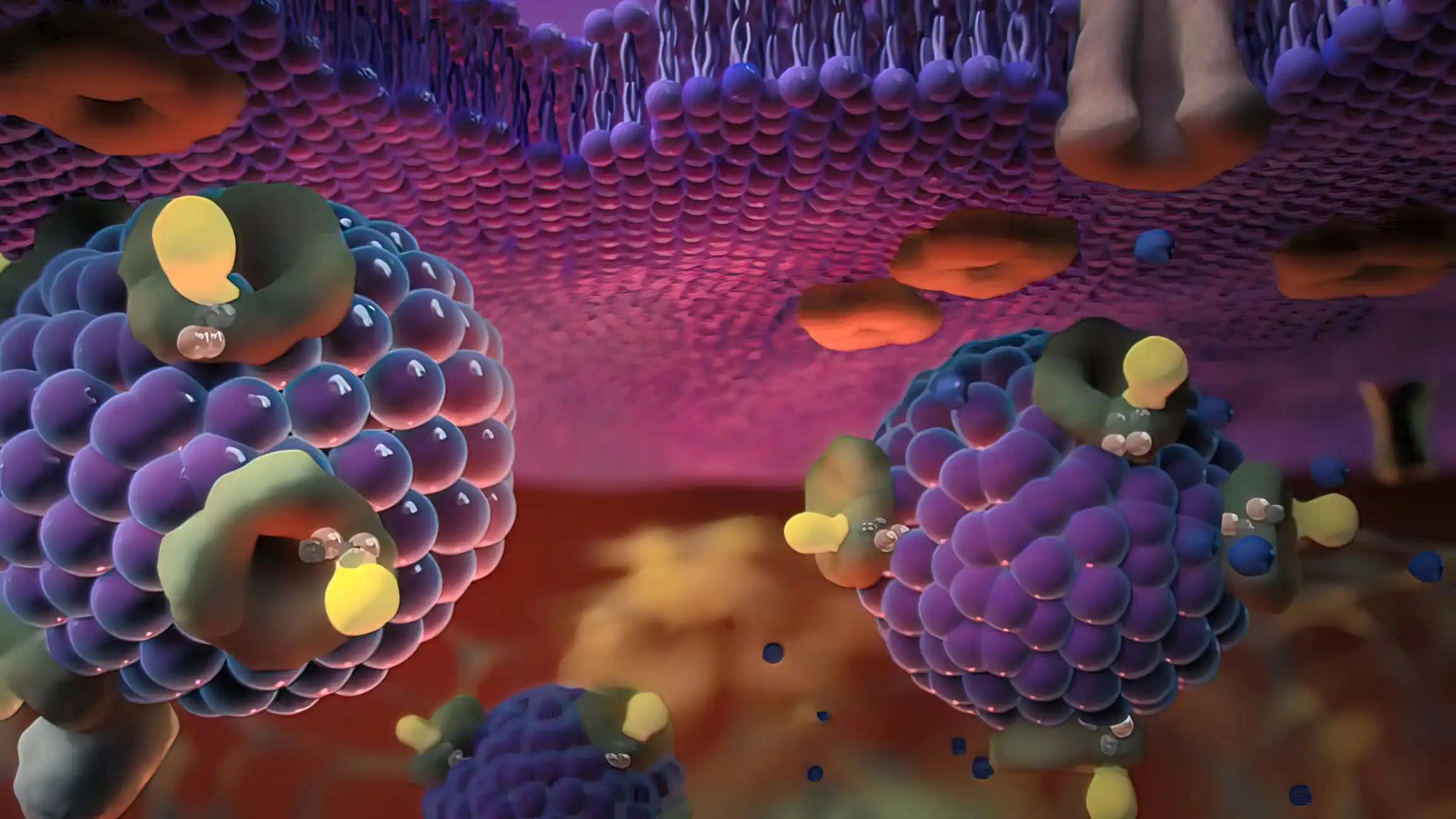KEY TAKEAWAYS
- The phase III trial aimed to compare the efficacy and safety of deutenzalutamide and placebo in mCRPC pts after abiraterone+docetaxel resistance.
- The primary endpoint was to determine PFS. Secondary endpoints include OS, IRC-assessed rPFS, ORR, and PSA response.
- The study found that with good tolerability, deutenzalutamide significantly extended PFS in mCRPC pts after abiraterone+docetaxel.
Deutenzalutamide (HC-1119) is a more potent and better-tolerated version of enzalutamide, requiring a lower dose to achieve the same clinical benefit.
Researchers aimed to compare the efficacy and safety of deutenzalutamide and placebo in metastatic castration-resistant prostate cancer(mCRPC) pts after abiraterone+docetaxel resistance.
Pts with mCRPC who failed abiraterone or were ineligible for docetaxel were randomly assigned in a 2:1 ratio to receive deutenzalutamide (80 mg orally daily) or placebo. Stratification factors included lesion site (visceral/non-visceral) and prior docetaxel treatment (yes/no). The primary endpoint was investigator-assessed radiographic progression-free survival (PFS). Secondary endpoints included overall survival (OS), independent radiologic review committee (IRC)-assessed radiographic PFS (rPFS), objective response rate (ORR), and prostate-specific antigen (PSA) response. Hazard ratios (HR) and their 95% CI between the groups were calculated using a stratified Cox proportional hazards model.
The study enrolled 417 subjects between April 2019 – Nov 2021, with 276 randomized to deutenzalutamide and 141 to placebo. Demographics and disease characteristics were well-balanced across treatment arms. All subjects were previously treated with abiraterone. Most subjects received docetaxel (68.8% vs. 68.1%); visceral lesions accounted for 27.9% in the deutenzalutamide and 27.7% in the placebo group. The study met its primary endpoint with a 42% reduction in the risk of progression or death in the deutenzalutamide arm (HR = 0.58 [95% CI: 0.439, 0.770]; P= 0.001). The median rPFS (95% CI) was 5.55 (4.830, 7.360) months for deutenzalutamide vs. 3.71 (2.860, 5.490) months for placebo. Results in the pre-specified subgroups, including visceral metastases and prior docetaxel, were consistent with the overall outcome. The median OS (95% CI) was 14.98 (9.560, -) months and 11.24 (9.890, 15.510) months in the deutenzalutamide and placebo group, respectively, with an HR (95% CI) of 0.88 (0.577, 1.331). Common treatment-related adverse events (TEAE) (>10%) with deutenzalutamide vs. placebo included weight decreased (23.4% vs. 18.6%), platelet count decreased (12.8% vs. 10.7%), lymphocyte count decreased (10.2% vs. 7.9%), and hypercholesterolemia (10.9% vs. 4.3%), mostly grade 1/2. The overall incidence of ≥ Grade 3 study drug-related TEAEs in the deutenzalutamide group was not significantly different from placebo, except for anemia (6.6% vs. 2.9%) and hypertension (2.2% vs. 0.7%).
The study found that with good tolerability, deutenzalutamide significantly extended PFS in mCRPC pts after abiraterone+docetaxel.
Source: https://ascopubs.org/doi/10.1200/JCO.2023.41.16_suppl.5065#:~:text=
Clinical Trial: https://www.clinicaltrials.gov/study/NCT03851640
Ding-Wei Ye, Chengyuan Gu, Lixin Hua, Ranlu Liu, Jun Li, Mingxing Qiu, Jianming Guo, Haiying Dong, Zhigang Ji, Hong Guo, Frank Perabo, Yuanwei Chen, and Xinghai Li. DOI: 10.1200/JCO.2023.41.16_suppl.5065 Journal of Clinical Oncology 41, no. 16_suppl (June 01, 2023) 5065-5065.



